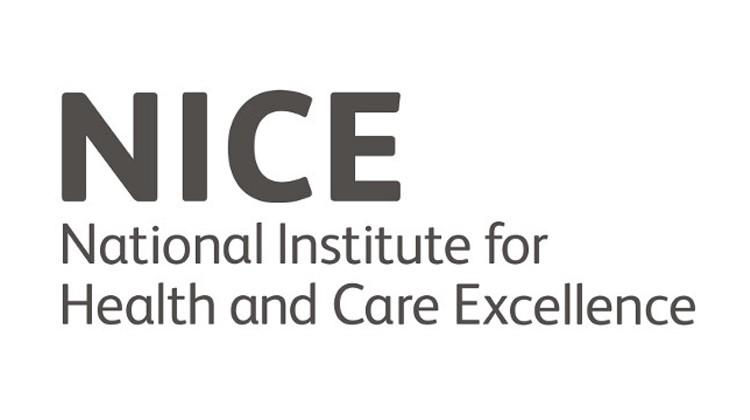Lenalidomide recommended for relapsed or refractory follicular lymphoma
Published on: 27 February 2020NICE approves new, chemotherapy-free treatment option - lenalidomide in combination with rituximab.

The National Institute for Health and Care Excellence (NICE) has today announced that it is recommending lenalidomide, in combination with rituximab, for people with follicular lymphoma that has come back (relapsed) or not responded (refractory) to previous treatment.
Follicular lymphoma is the most common type of low-grade non-Hodgkin lymphoma. Most people with follicular lymphoma are treated to keep the lymphoma under control, rather than to cure it. Treatment is generally effective but the lymphoma usually comes back and needs further treatment. This is typically chemotherapy (either on its own or with antibody therapy) or rituximab on its own. Lenalidomide combined with rituximab is a new, chemotherapy-free treatment option.
Lenalidomide is a targeted drug that affects the activity of the immune system. It helps the immune system attack lymphoma cells and prevent the lymphoma from growing. It is taken as tablets once a day for 21 days, followed by 7 days without treatment, for up to 12 cycles.
A phase 3 clinical trial in people with relapsed or refractory low-grade lymphoma found that lymphoma did not progress as quickly in people treated with lenalidomide plus rituximab as it did in people treated with rituximab on its own. This was also the case when outcomes of people treated with lenalidomide plus rituximab was compared to outcomes of people treated with rituximab plus chemotherapy in previous clinical trials. Clinical evidence suggests that people with relapsed or refractory follicular lymphoma who are treated with lenalidomide plus rituximab might also live longer than those who are treated with rituximab plus chemotherapy. However, it is too early to tell for how much longer.
Today’s decision by NICE means that lenalidomide and rituximab will be available on the NHS in England and Wales for adults with relapsed or refractory follicular lymphoma. The Scottish Medicines Consortium has not yet made a decision on whether the combination will be funded in Scotland.
We know only too well the impact that relapsing follicular lymphoma has on people and their families, which is why there is always a need for additional treatment options that will help those who have the most limited options. We are delighted that lenalidomide in combination with rituximab will be available for these patients and look forward to the reassurance that additional treatment can bring for this particular lymphoma.
27 February 2020
